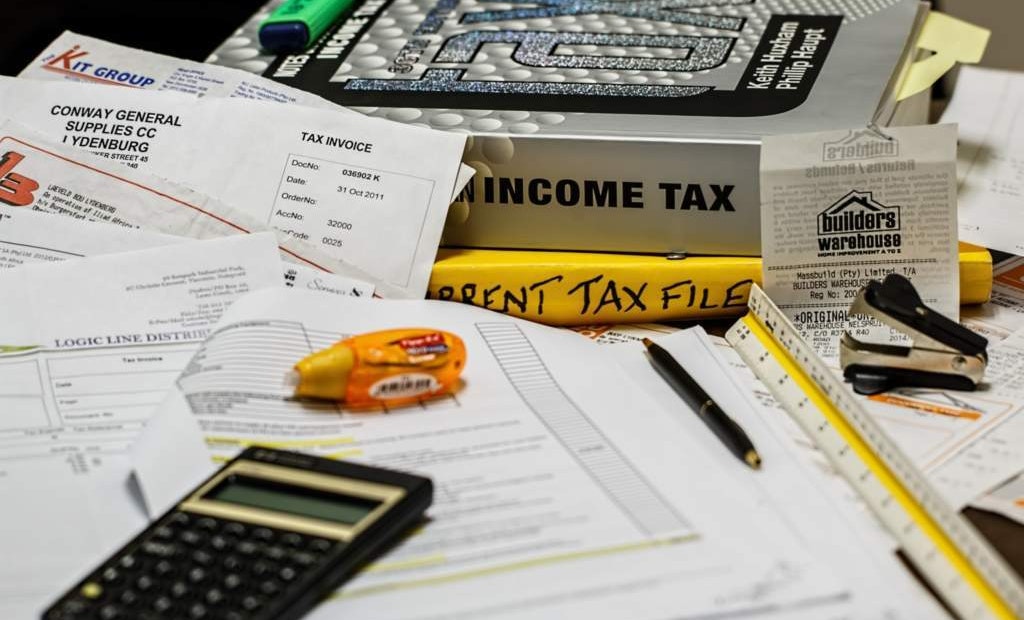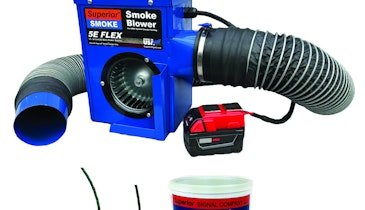Interested in Business?
Get Business articles, news and videos right in your inbox! Sign up now.
Business + Get AlertsTax season is now in full swing and it’s time for pumpers to take stock of the previous year. Don’t get caught up in a web of confusion over federal tax code changes; instead keep an eye on the horizon and follow these tax tips.
1. Stay in touch with your accountant
Do you contact your accountant just once a year for an annual financial review? If so, you may be missing out on some key opportunities to save money. Reach out to your accountant more regularly, and make sure you’re taking advantage of any tax-minimizing advice he or she can offer you.
2. Familiarize yourself with new tax laws
As you’ve no doubt heard, the federal tax code has changed significantly, and what’s more, many state and local tax laws evolve on a regular basis. Make sure you’re up to date on what these new tax laws mean for your business, and stay aware of filing deadlines. Again, consider reaching out to your accountant for advice.
3. Go through your tax-exempt certificates
Make sure every customer who didn’t pay tax has one on file.
4. Keep track of business deductions
For example, to make sure you take full advantage of those deductions, be vigilant in keeping records and receipts of any and all necessary and reasonable business expenses. Many of these are going to be pretty obvious, like equipment, rent and employee salaries. But there are a couple of potential deductions that you may not know you can claim.
Consider trips where you mix business and pleasure; if more than half of the trip is devoted to business, you can write off your travel expenses. Also note that business losses can be deducted against the business owner’s personal income.
5. Classify your business correctly
Something else to consider: How is your business classified? If you haven’t classified your company properly, you may be paying an inappropriate (read: too high) tax rate.
Is your company a sole proprietorship? A partnership? Is it an LLC? Hopefully you know the answer and are accepting the appropriate tax burdens; but if not, do some digging and figure out your proper standing today.
6. Pay in installments
Sometimes small businesses are hit with larger-than-expected tax burdens, which can prove problematic. In fact, a high bill from the IRS can threaten to capsize your business, or at the very least do some real damage to your cash flow.
But there is a way around this. If the IRS hits you with a large amount to pay, you can request to pay it in smaller installments rather than all at once. Monthly payment plans are available, and they can be advantageous for small-business owners with narrow margins or already-restrictive cash flows.
7. Start scheduling
The tax-filing season presents you with a lot of dates to juggle and a lot of milestones to keep track of. Start planning your tax season timeline now by getting important filing dates on the calendar.
There are some great tools available to help you with this, including a handy desktop calendar you can download from the IRS website.
8. Enlist help
Taxes are serious business and not something to be approached haphazardly. The penalties and fees for improper tax returns are steep and potentially ruinous for your business.
For many small-business owners, it is a worthwhile investment to hire an outside accountant: a seasoned professional who can remove the guesswork, ensure that everything is above-board and ultimately get you the best savings.
9. Have a cheat sheet
Despite all of the electronic equipment we have at our fingertips, humans are generally better at remembering things they write down. That’s why it’s helpful to keep a tax cheat sheet. There are certain pieces of information tax preparers require every year and certain tax-related tasks that must be done by specific deadlines. Keep a list of these things in a place where you see it often so you can check off items as you do them, fill in dates and dollar amounts, and make note of any irregularities that will require explanation come tax time.
For example, if you contribute to a retirement account like an IRA each year, note the date and amount you contribute when you do it. If you have a windfall in February and contribute, you might forget doing it by August. A quick look at your cheat sheet will remind you. It’s also a good reminder to pay bills that come due once a year like business liability insurance and for keeping track of outside contractors who will require 1099s. Consulting the list throughout the year eliminates the last-minute scramble to accomplish annual tax tasks.
While you can make your own cheat sheet each year, resources are available online that list the records and information you’ll need come tax time and handy checklists you can print out. Look for resources geared toward businesses set up similar to yours to make sure you are seeing the correct filing and payment dates.






